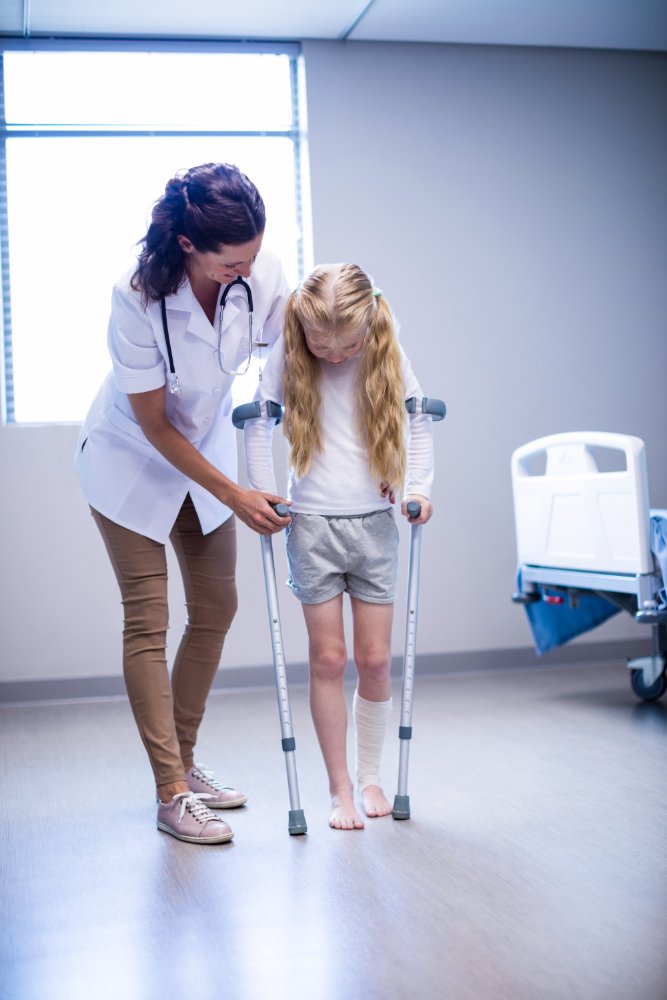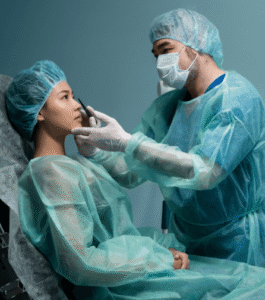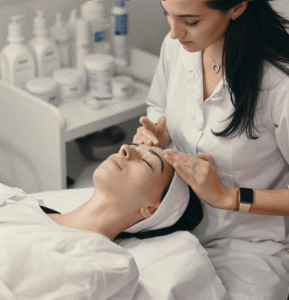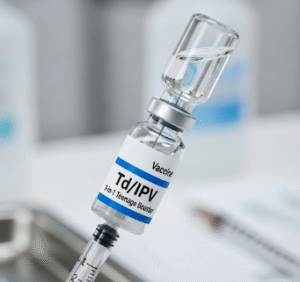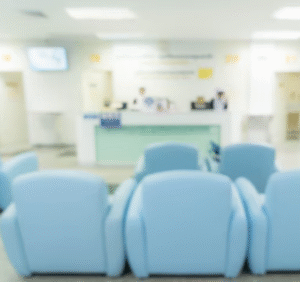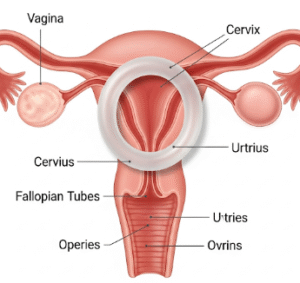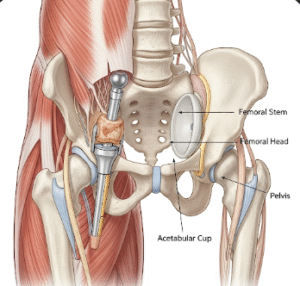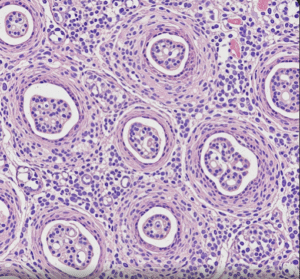Overview
Walker-Warburg Syndrome (WWS) is a rare and severe congenital disorder that affects brain and muscle development. It is classified as a type of congenital muscular dystrophy and is often diagnosed at birth due to visible physical abnormalities and neurological impairments. WWS is inherited in an autosomal recessive pattern and is typically fatal in infancy or early childhood due to severe complications.
What is Walker-Warburg Syndrome?
Walker-Warburg Syndrome is a genetic disorder characterized by muscle weakness (muscular dystrophy), brain malformations such as lissencephaly (smooth brain), hydrocephalus, and eye abnormalities. It is considered the most severe form of congenital muscular dystrophy. WWS disrupts the production of specific proteins essential for muscle and brain tissue integrity, particularly affecting a process called glycosylation of alpha-dystroglycan, a critical muscle membrane protein.
Symptoms
Infants with Walker-Warburg Syndrome typically present with the following symptoms:
- Severe muscle weakness and hypotonia (floppiness)
- Developmental delays or no developmental progress
- Hydrocephalus (accumulation of fluid in the brain)
- Lissencephaly (smooth brain surface due to abnormal brain development)
- Eye abnormalities such as cataracts, retinal detachment, or microphthalmia
- Seizures
- Feeding difficulties
- Failure to thrive
Causes
Walker-Warburg Syndrome is caused by mutations in genes involved in the glycosylation of alpha-dystroglycan, such as POMT1, POMT2, FKRP, and LARGE1, among others. These mutations impair the function of proteins necessary for maintaining muscle structure and normal brain and eye development. The condition is inherited in an autosomal recessive manner, meaning both parents must carry a defective gene for their child to be affected.
Risk Factors
The main risk factor for WWS is a family history of the disorder, especially in cases of consanguineous marriages where both parents may be carriers of the same defective gene. Genetic carriers typically show no symptoms but can pass the disorder to offspring.
Complications
Walker-Warburg Syndrome is associated with numerous life-limiting complications:
- Progressive muscle degeneration
- Severe intellectual and physical disabilities
- Respiratory failure due to weakened respiratory muscles
- Feeding difficulties leading to malnutrition
- Seizures that may be difficult to control
- Early death, often within the first year of life
Prevention
While Walker-Warburg Syndrome cannot be prevented after conception, couples with a known family history can benefit from genetic counseling and carrier testing. Prenatal diagnosis through chorionic villus sampling or amniocentesis can identify the condition early in pregnancy. Preimplantation genetic diagnosis (PGD) is also an option for families using in vitro fertilization (IVF).
Treatment Options in Korea
Although there is no cure for Walker-Warburg Syndrome, supportive and palliative care in South Korea is of high quality and focuses on enhancing the child’s comfort and managing symptoms. Treatment options include:
- Neurology and genetic consultations at leading centers like Seoul Asan Medical Center and Severance Children’s Hospital
- Physical and occupational therapy to improve mobility and reduce discomfort
- Feeding support, including nasogastric or gastrostomy tube placement
- Seizure management with anticonvulsant medications
- Hydrocephalus treatment, which may include shunt placement to relieve brain pressure
- Palliative care teams offering holistic support for families
Korean hospitals offer advanced diagnostic tools, compassionate care, and multidisciplinary teams experienced in managing rare pediatric neurological disorders like WWS.

